Activism
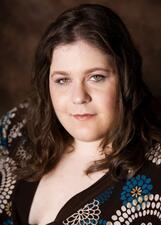
Rachel Swirsky
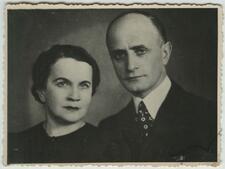
Bela Szapiro
Before World War II, Lublin was one of the largest Jewish communities in Poland. Bela Szapiro’s activities contributed to making it the vibrant cultural and political center of Polish Jewry that it was.
Sara Szweber
Sara Szweber was an influential leader in the Jewish labor party, the Bund, first in Belarus, then in Poland, and later in New York.
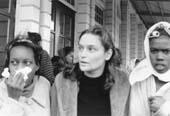
Harriet Tanzman
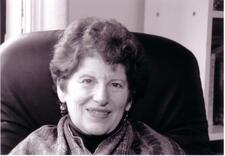
Meredith Tax
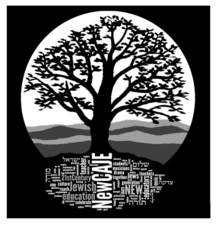
Teaching Profession in the United States
Jewish women in the United States became professional teachers to an extent unprecedently in Jewish history. Through Jewish educational organizations, Jewish schools, and public schools, female Jewish teachers have played an important role in shaping the North American teaching profession.
Faige Teitelbaum
When Faige Teitelbaum married Satmar rebbe Rabbi Joel Teitelbaum in 1936, she became the Satmar rebbetzin, in which capacity she was very active in charitable activities. After her husband’s death, she became the only woman in the Hasidic world to function as a de facto rebbe and leader.
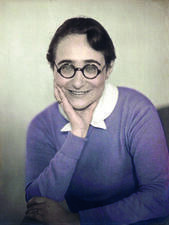
Gabriele Tergit
Rising to prominence as a journalist in Weimar-era Berlin, Gabriele Tergit, née Elise Hirschmann (1893–1982), was an important chronicler of German-Jewish life. In her journalistic writings and novels, Tergit wrote biting social satires, sweeping panoramic novels, and lucid, hard-hitting commentaries on current events. A liberal whose writings reveal her strong commitments to social justice, women’s rights, and humanism, Tergit was forced to flee Germany in 1933 and settled permanently in London in 1938.
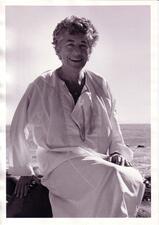
Savina Teubal
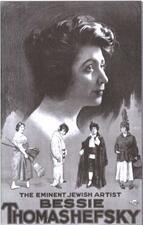
Bessie Thomashefsky
With suffragist spirit and comedic skill, Bessie Thomashefsky adapted great American and British plays for Yiddish-speaking audiences. Thomashefsky performed Yiddish adaptations of plays by Chekov, Wilde, and Shakespeare, as well as modern Yiddish creations at the People’s Theater in New York, playing many strong female characters. From 1915 to 1919, she ran the People’s Theater and renamed it for herself.
Mahinarangi Tocker
New Zealand singer-songwriter Mahinaarangi Tocker (1955-2008) was best known as a Maori musician, but her Jewish heritage was an essential component of her identity and her music.
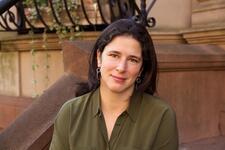
Rebecca Traister
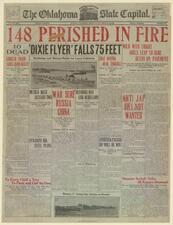
Triangle Shirtwaist Fire
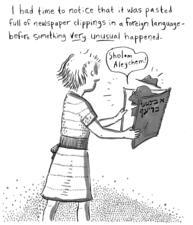
I had time to notice that it was pasted full of newspaper clippings in a foreign language - before something very unusual happened.
Twenty-First Century Jewish Literature by Women in the US
Twenty-first-century Jewish women’s writing in the United States is wide-ranging in genre and topic. In this body of literature, we can find insightful and nuanced stories of contemporary American life as well as fiction that delves into lost or forgotten Jewish histories. From a female Spinoza to a female golem, a strong feminist ethic is pervasive in these writings.
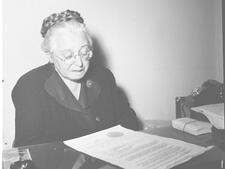
Sophie A. Udin
Ellen Umansky
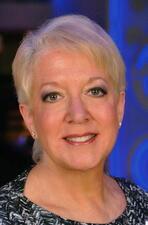
Roselle Ungar
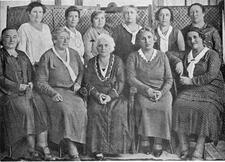
Union of Hebrew Women for Equal Rights in Erez Israel
Union of Jewish Women
Influenced by their American counterparts, Anglo-Jewish women organized a Conference of Jewish Women in 1902, which led to the foundation of a national organization, the Union of Jewish Women. The UJW determined the social service agenda for English Jewish women until World War I.
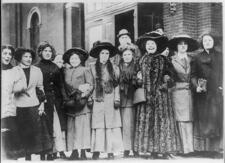
Uprising of 20,000 (1909)
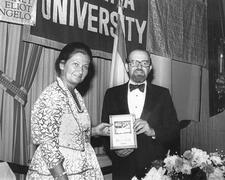
Simone Veil
Holocaust survivor Simone Veil was a pioneer in the French government and the European Union. As Minister of Health, she presented and successfully argued the law decriminalizing abortion in France. She was the first woman to preside over the European Parliament and the fifth woman to be interred in the Panthéon.
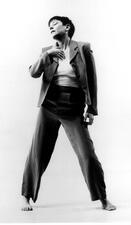
Victoria Marks
Victoria Marks (b. 1956) is an American dancer, choreographer, professor, and activist. Marks began dancing as a child and later expanded her career as the founder of Victoria Marks Performance Company and a professor at various conservatories around the world. She is also an advocate for mental health and accessibility, collaborating on films that investigate the effects of mental illness and founding the Dancing Disability Lab at UCLA in 2014.
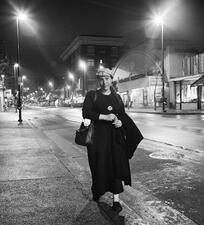
Julia Vinograd
Julia Vinograd was a street poet and the author of 68 slender volumes of verse widely admired for their vivid portraits of bohemians and street people in twentieth-century Berkeley, California. Her writing, which evolved in café open mic readings, is notable for its oratorical clarity, emotional warmth, and surreal imagination.
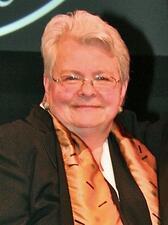
Paula Vogel
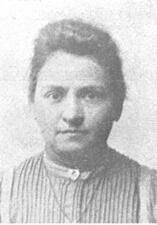
Roosje Vos
Roosje Vos was an organizer of the Dutch socialist movement and an editor of De Naaistersbode, the journal of the seamstresses’ trade union. She represented the interests of feminists and women in the movement, at times at odds with her fellow leaders.


